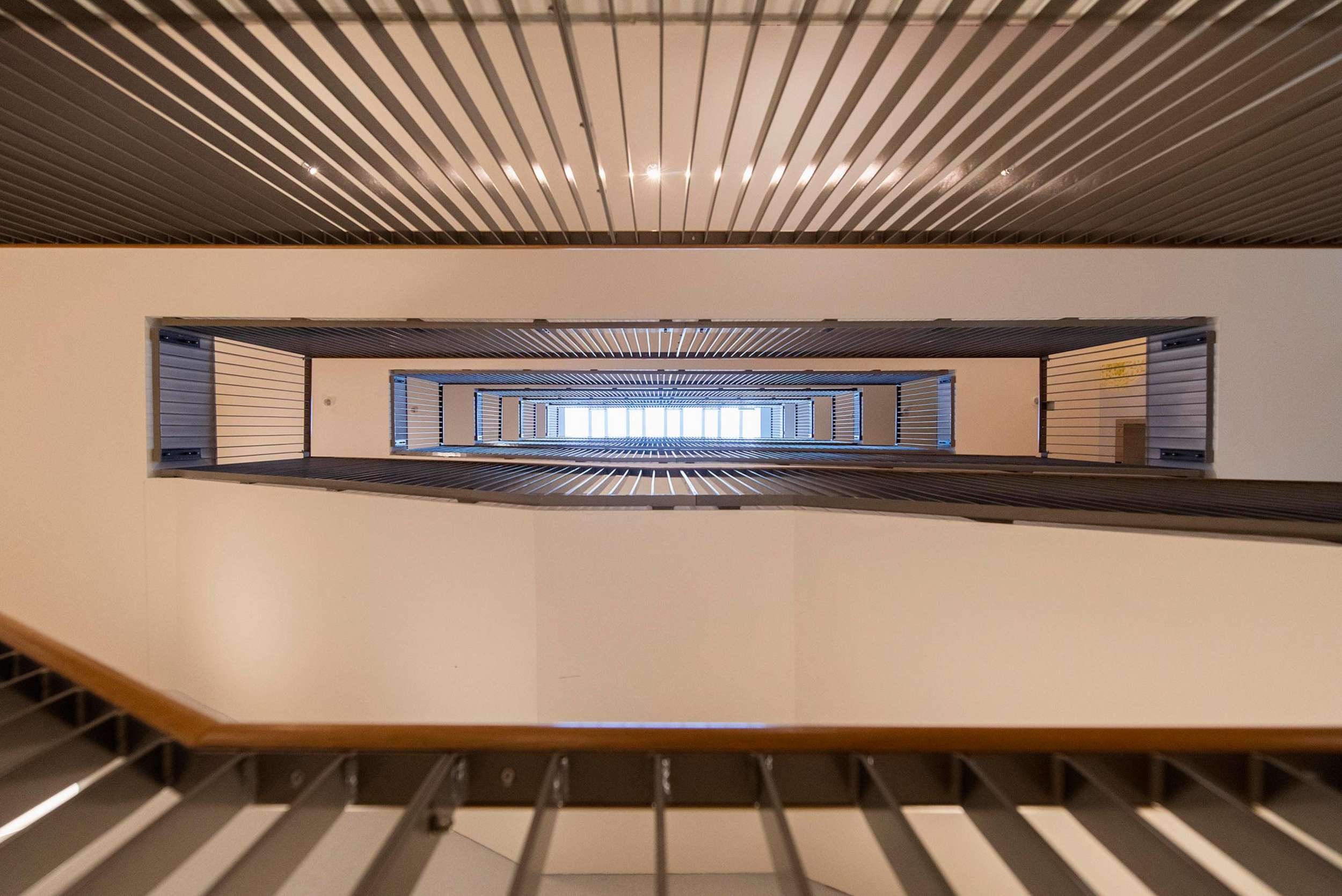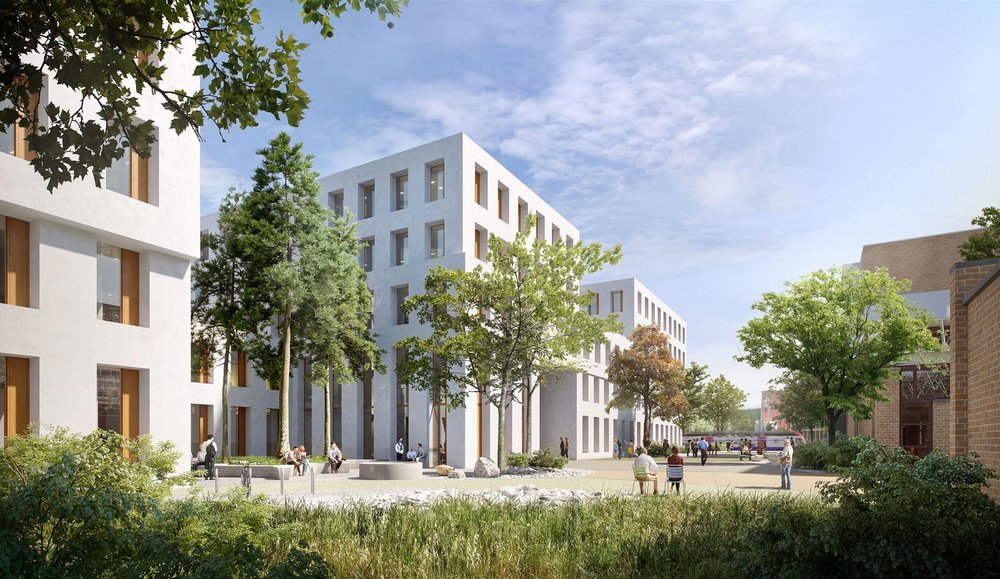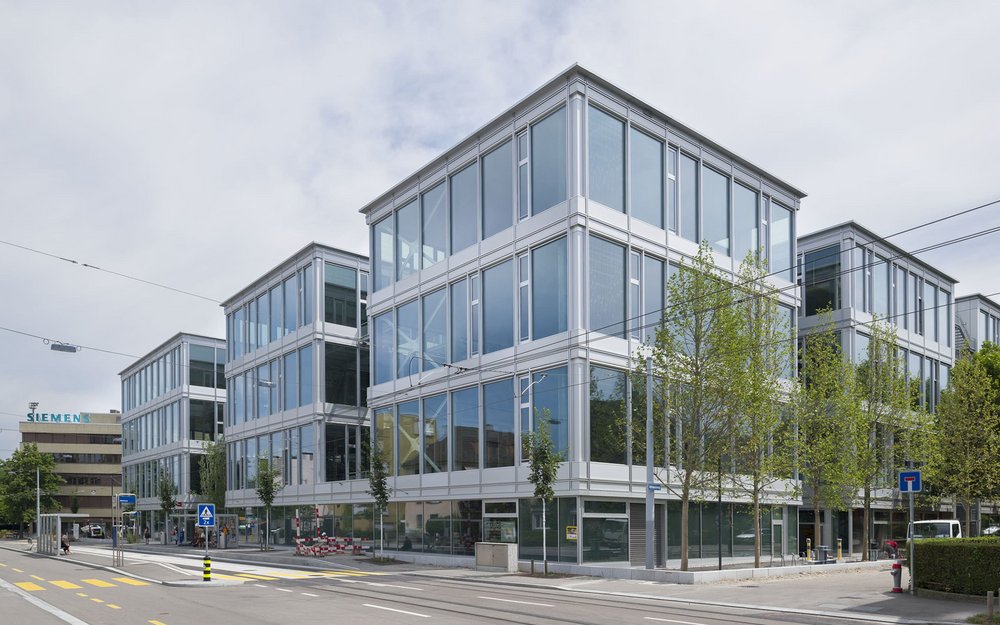Story Detail
Outlook 2019
Dampened but intact economic prospects
2019 did not take off with the same economic vigour and optimism as 2018. This is due to (geo‑)political developments, resulting in increased risks of contagion affecting both the business cycle and the finance and real estate markets. The most significant downward risks result from a disorderly exit by the UK from the European Union (no-deal Brexit), possible gains in seats by EU sceptics in the European election or the interplay of political (ruling coalition) risks and financial (bank bailout) risks in Italy. A global trade conflict could also develop as a result of an escalation of protectionist measures and countermeasures between the trading powers. The USA started the 2019 year with a shutdown. The budget dispute over the US-Mexico border wall led to the longest government shutdown in US history. If this budget dispute is resumed, we must expect further negative economic consequences. Such uncertainties cause a rapid increase in volatility in the financial markets, as we saw last year in the share markets.
Geopolitical and commercial uncertainties are causing business forecasts for Switzerland to be lowered. This is in line with expected global economic trends.
Continued low interest rates expected
A decade after the bursting of the US property bubble, the outbreak of the global financial crisis and the euro crisis, the collapse of Lehman Brothers investment bank and the UBS rescue, the follow-on effects from the resulting ultra-relaxed monetary policy of the major central banks continue to be felt. This has led to a prolonged period of historically low interest rates in Switzerland and internationally. Since 2015, the US Federal Reserve has been steering a course toward the normalisation of monetary policy with numerous interest rate moves. The European Central Bank (ECB) and the Swiss National Bank (SNB) are still adopting a «wait and see» stance on this matter. The ECB has halted its bond purchases but continues to carry out reinvestments as before.
The dampened economic outlook reduces the central banks’ degree of freedom with respect to monetary policy. Hence, we can expect that the Fed will put its interest rate increases on hold. In Switzerland, as at the ECB, normalisation of monetary policy has been postponed. Swiss Prime Site therefore expects negative short-term CHF interest rates to continue in 2019. Returns on ten-year federal bonds are likely to hover at around zero.
Looking back, it is evident that the favourable economic times of recent years have not been used to best advantage. We saw neither a normalisation of monetary policy (SNB, ECB) nor a reduction in the balance sheets of central banks. Nor was any debt reduction achieved in highly debt-laden countries such as the USA. The Swiss economy is also influenced by the continuation of the bilateral treaties and the form of the framework agreement between Switzerland and the EU.
Put succinctly, we often hear often talk of a «VUCA world» – a world or economic environment characterised by Volatility, Uncertainty, Complexity and Ambiguity.
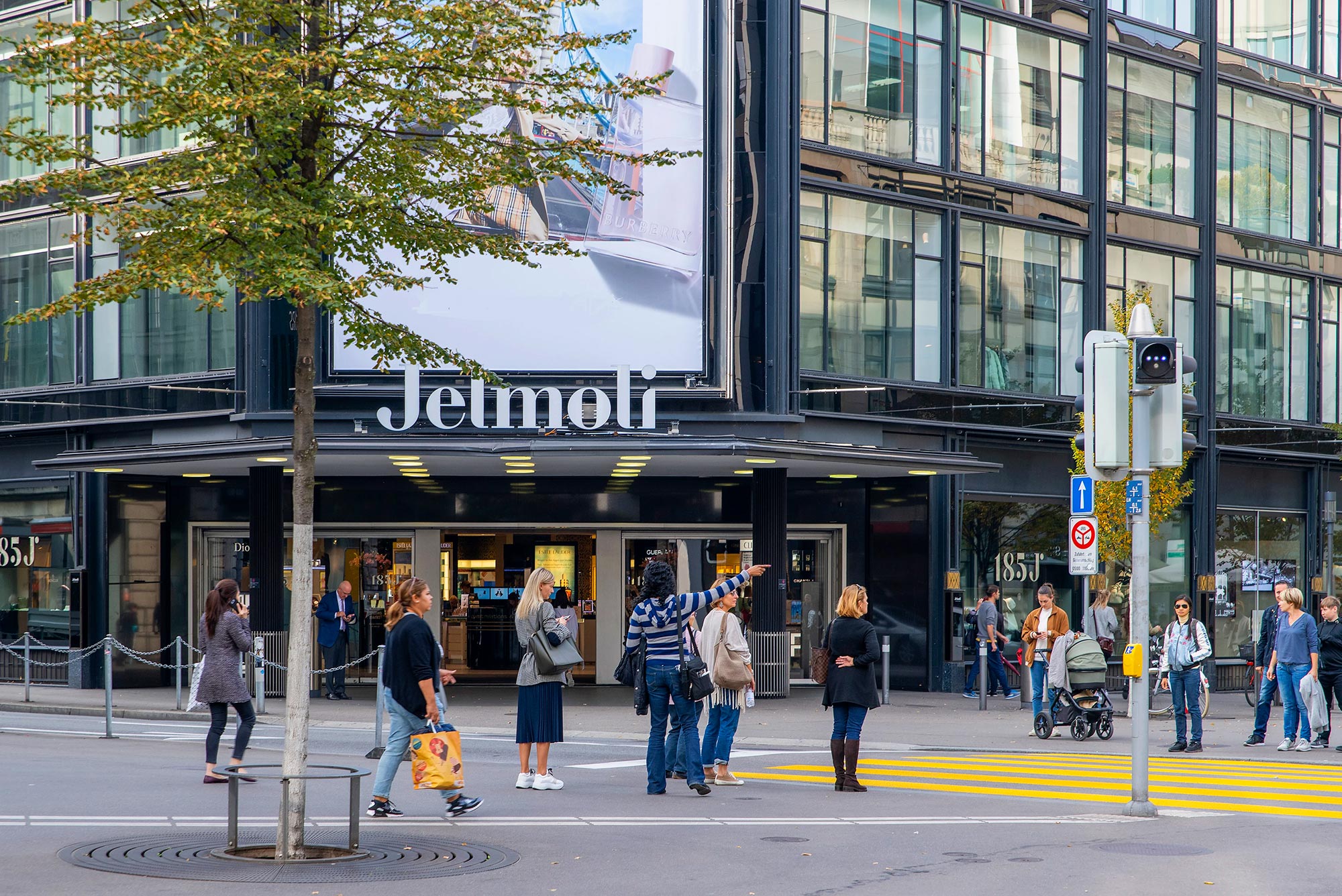
Market for retail floor space – traditional is no longer on trend
Consumer sentiment in Switzerland still remains slightly above average (SECO survey in January 2019). However, the Swiss are moderating their expectations of economic development somewhat. In the retail floor space market, restructuring in the retail trade continues to make its effects felt. While consolidation is very advanced in the book trade, the clothing area remains the problem child, recording a drop in turnover of around 8% in 2018. Along with Sempione Fashion (OVS) in Switzerland, German fashion brand Gerry Weber also applied for insolvency at the start of 2019.
On Zurich’s Bahnhofstrasse, long-established fashion business Weinberg is closing its last store. At the same time, the business mix along the shopping street is changing, firstly with more restaurants, bars and lounges (Vicafé, Bar 45, the relaunch of Kafi Züri, Confiserie Bachmann) and secondly in favour of co-working and showrooms. The Hyundai showroom with its premium brand Genesis is an example. At Stücki Park in Basel, retail space is currently reducing in favour of office and laboratory space and also entertainment and service areas. In Central Switzerland, the option of repositioning the Mall of Switzerland was mooted shortly after its opening in November 2017.
According to Wüest Partner, there is one-third more vacant retail space than the average over the last decade. However, a slight stabilisation has been discernible over the last eighteen months. Looking at (re-)letting, there is an emerging trend towards less floor space and also the desire for new layouts. Smaller, spectacular layouts that exude exclusivity are showing great potential. Hybrid concepts such as retail plus office or retail plus hotel may also yield opportunities.
Consumer behaviour – the customer journey – has changed: «On-sale is the new normal». This attitude and the shift to e-commerce increasingly demonstrate that the classical concepts are no longer working. We can expect further conversion projects.
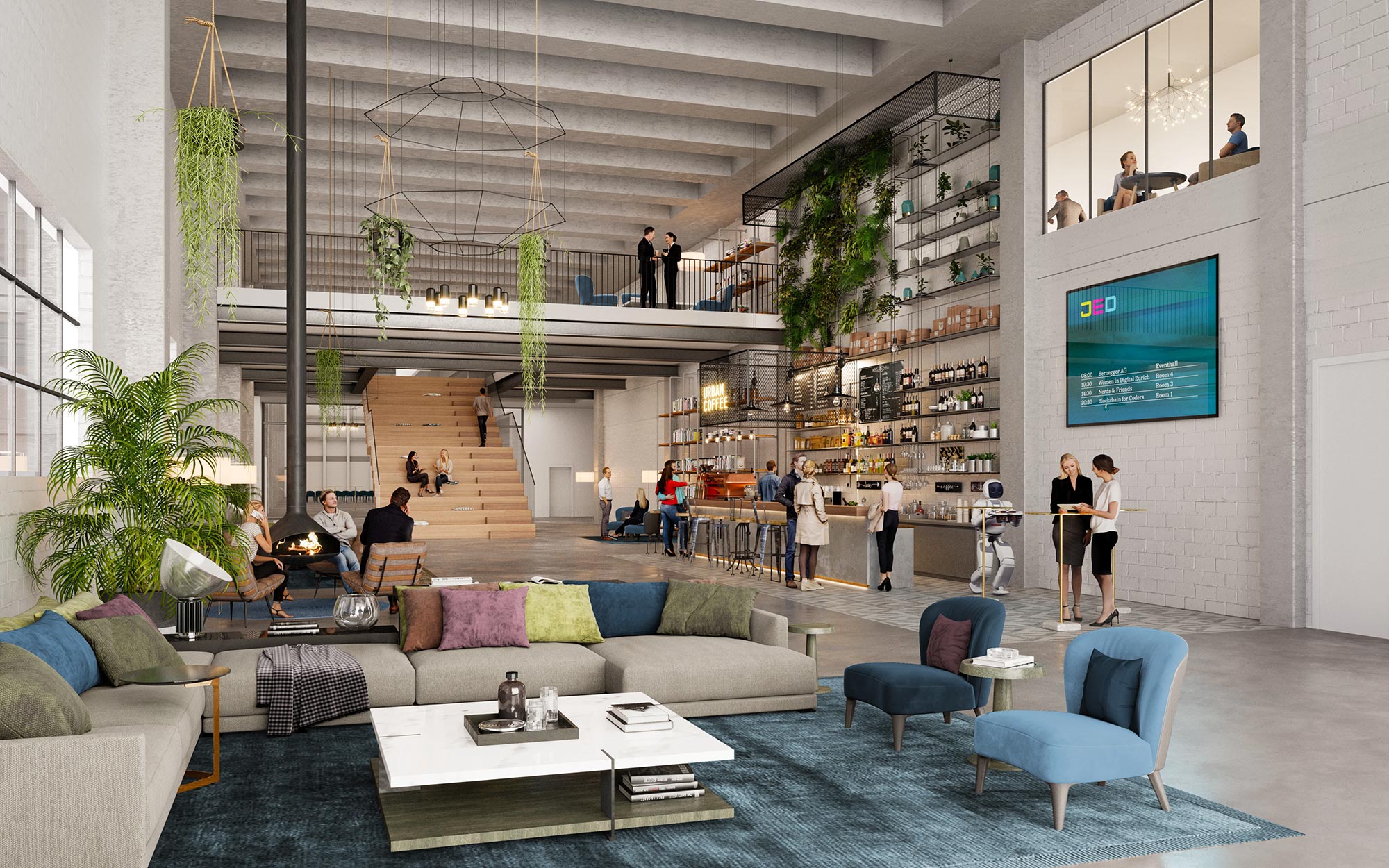
Office floor space – Co-working & Co.
Positive trends and signals are discernible in the market for office floor space. In some instances, there is even lively demand for office floor space. This recovery is particularly evident in the centres of the major cities. They profit from their urban attractions and their function as hubs or clusters. Good accessibility and networks are proving their value. The situation is more difficult in peripheral locations.
Demand for office floor space – according to analyses by Credit Suisse – is coming predominantly from the metalworking and engineering industry (administration), company service providers and the IT sector. In addition, the health and education sector is generating a demand for premises – the universities in Lausanne, for example. There is a noticeable decline in demand for floor space from banks and insurance companies and in the telecom and wholesale areas. Restructuring has not yet been completed in the finance sector, in particular. The banks are struggling with erosion of margins and are facing challenges from startups at the same time.
Digitalisation means becoming more flexible, faster and more responsive. Office work is changing and requires new floor plans. Interconnected, preferably easy to divide and suitable for flexible and hybrid uses, preferably fitted out – in some cases even furnished – and available almost immediately: these are the demands placed on modern floor space. The flexibility and adaptability allow for co-working spaces, for example. Numerous such spaces were launched in 2018, such as «The One Zurich» or Headsquarter in Zurich. Retail spaces are increasingly being converted into office or co-working spaces (e.g. former OVS space in Basel or co-working on Bahnhofstrasse in Zurich in the former FCW building). Convertibility is essential in order to ensure that the new formats and opportunities can be realised. Risks arise from the anticipated cooling of the economy, and from the fact that we may therefore only be seeing a mini-boom on the office floor space market.

Alexandra Bay is Head Group Research at Swiss Prime Site. She focuses on economic, social and technological developments and trends. Alexandra Bay holds a PhD from the University of Zurich and a Master of Advanced Studies in Real Estate.
